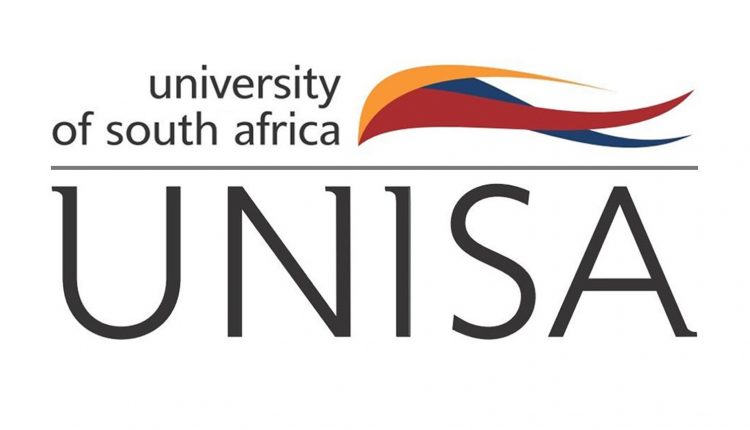Science Award In Italy For University Of South Africa Scholar
Masedi Masekane, a joint doctoral student from Unisa’s Department of Physics and the University of Zagreb, attended the ICTP-IAEA Advanced Workshop on Future Trends in Multidisciplinary Ion Beam Analysis from 10 to 14 October 2022 in Trieste, Italy.
This international workshop was jointly organised by the International Centre of Theoretical Physics (ICTP) and the International Atomic Energy Agency (IAEA) at the Abdus Salam ICTP. Upon conclusion of the workshop, he was awarded a young scientist award, which was accompanied by prize money to the value of 200 Euros, for his work as a promising young researcher in the field of ion beam analysis (IBA).
The workshop focused on, among others, the state of IBA, new data analysis tools, applications of IBA (including IBA on the NASA curiosity rover on Mars), using artificial intelligence and machine learning for solutions in IBA, and how to foster innovation in the field. This workshop hosted a group of world-class scientists from around the globe working in not only IBA, but also other scientific disciplines.
IBA is a cluster of nuclear analytical techniques that use ion-atom interactions to study the structures of materials, as well as the fundamental physics through which ions and atoms interact.
Masekane was one of the 25 participants selected to take part in the workshop from over 100 applications received. The selected partcipants comprised early-stage researchers and PhD students from around the globe who are all working in the field of IBA.
During the workshop, participants were asked to give two-minute flash oral presentations or poster presentations on their research within the field of IBA. The presentations were evaluated based on relevance of the research work presented, presentation and delivery skills, and the overall impact of the work in the development of IBA. Masekane’s presentation was based on the synergistic use of multiple IBA techniques referred to as total IBA, wherein information coming from a single analytical region would be consolidated. This included both the measurement and prediction of cross-sections using theoretical models and experimental data. Simply put, known cross-sections are used to determine unknown cross sections in order to enable the use of different techniques all at the same time.
“The personal impact this award has,” says Masekane, “is the affirmation of the high quality and standard of the research work that we do, and a good indication that I am on the right track in fostering a good international footprint in this very specialised and scarce field.”
He continues: “Achieving this while undertaking a joint doctoral degree has been a great honour and privilege. I owe a lot of it to my supervisors and mentors Professors Sebata Moloi (from Unisa’s College of Science, Engineering and Technology), Professor Mandla Msimanga (iThemba LABS/TUT) and Professors Bogdanovi and Radovi for the support they have given and more importantly, for creating a conducive environment for growth and success.”
According to Masedi, this award not only strengthens the relevance of his PhD work, but also ignites the promise of his greater standing in the future of IBA. “It is by this promise that in the growth of my career, I wish to continue working not only for what I can achieve, but more importantly for what we, as South Africans can achieve through IBA and ultimatley through the effective use of science to service mankind,” he concludes.

